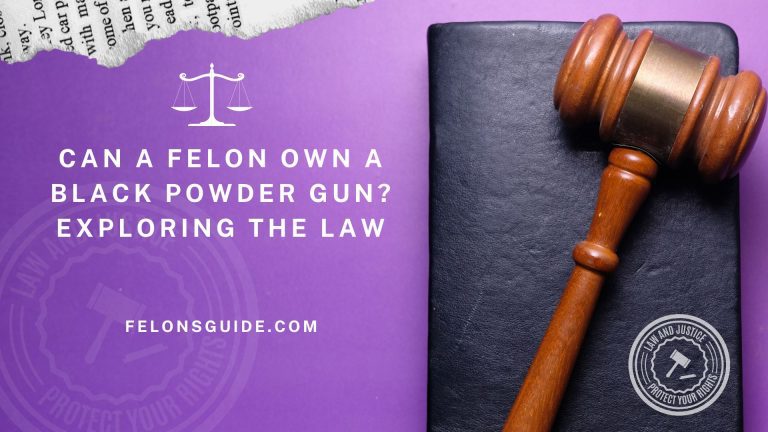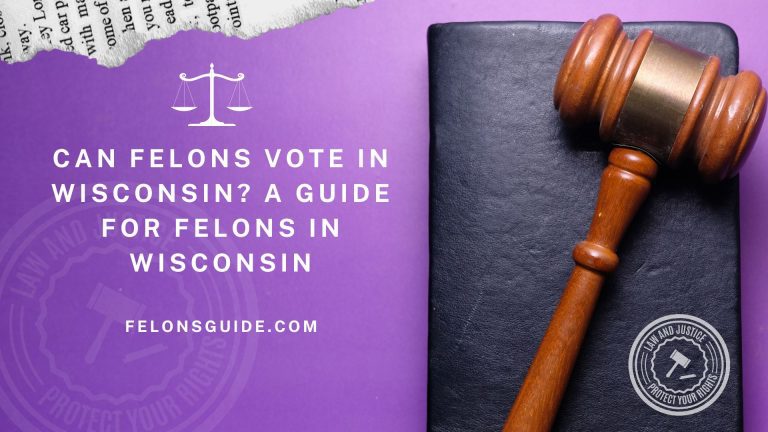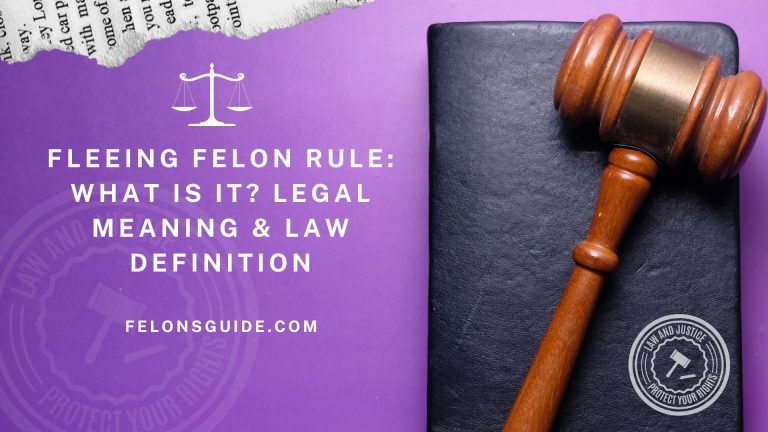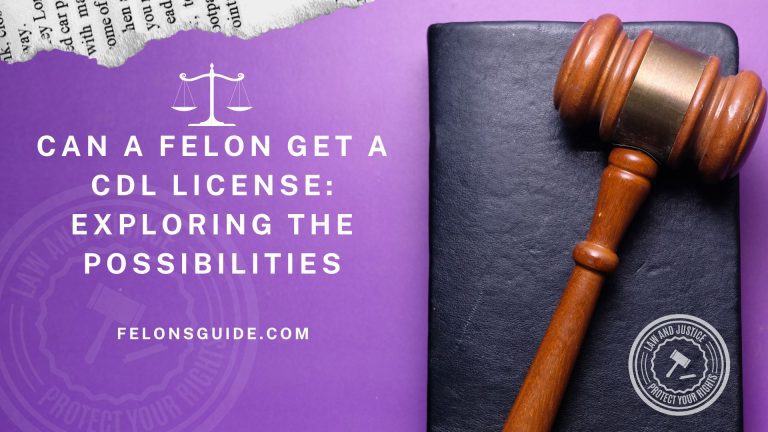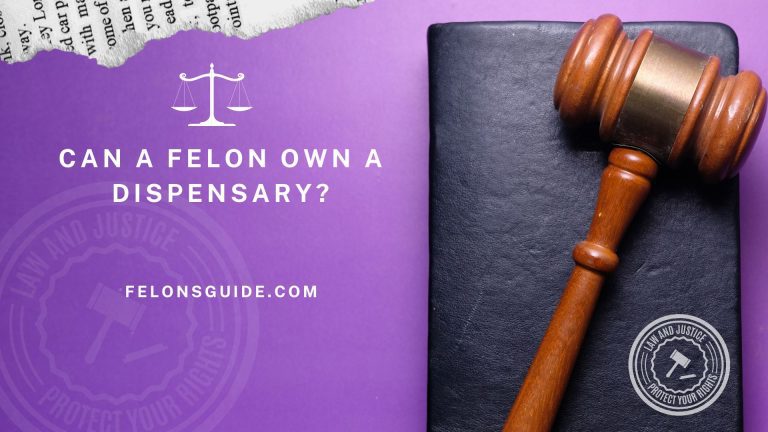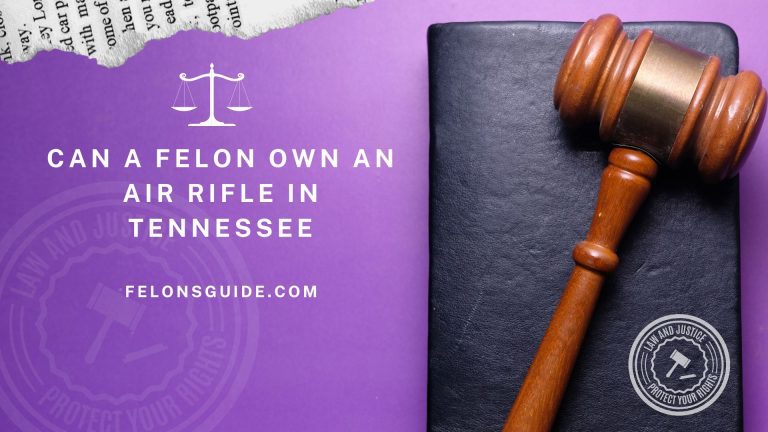Can a Felon Become a Foster Parent?
Being a foster parent can be one of the most rewarding and fulfilling experiences one can have. It allows individuals or couples to provide a loving and safe environment for children in need of care and protection. However, not everyone is eligible to become a foster parent. One common question people ask is whether a felon can become a foster parent. In this article, we will explore the answer to this question and provide relevant information for those interested in becoming foster parents.
Understanding Foster Care
Fostering is a mechanism that seeks to provide minors, who have been separated from their homes, a surrogate family, or a group housing. The primary objective of this system is to offer a safe and nourishing space for children while their parents strive to address the root causes that led to their separation. The duration of fostering hinges upon the specificities of each case and could span a temporal or permanent arrangement.
Eligibility to Become a Foster Parent
To become a foster parent, an individual must meet certain eligibility requirements. These requirements vary by state but typically include:
- Age: Foster parents must be at least 21 years old, although some states require them to be older.
- Citizenship or Legal Status: Foster parents must be U.S. citizens or legal permanent residents.
- Income: Foster parents must have a stable source of income to support themselves and the child.
- Health: Foster parents must be physically and mentally healthy to care for a child.
- Home Environment: Foster parents must have a safe and stable home environment that meets certain requirements.
- Background Check: Foster parents must pass a background check that includes a criminal history check.
Background Check and Criminal Record
As part of the foster parent application process, all applicants must undergo a background check. The underlying objective of the background check is to ascertain if the applicant bears any criminal antecedents that might render them ineligible for fostering parenthood.
Also Read: Can a Felon Travel To Punta Cana? Check Travel Restrictions
Types of Felonies That Disqualify One From Being a Foster Parent
In most states, certain types of felonies disqualify individuals from becoming foster parents. These felonies typically include crimes against children, violent crimes, and drug-related offenses. The specific felonies that disqualify individuals from becoming foster parents vary by state.
Exceptions to the Disqualification Rule
In some cases, individuals with a criminal record may still be eligible to become foster parents. Exceptions to the disqualification rule vary by state but may include:
- Expunged Convictions: If an individual’s conviction has been expunged, they may still be eligible to become a foster parent.
- Time Since Conviction: Some states may allow individuals to become foster parents if a certain amount of time has passed since their conviction.
- Rehabilitation: If an individual is capable of displaying evidence that they have undergone rehabilitation and can no longer pose a threat to minors, they may yet be deemed eligible to take on the role of a foster parent.
- Case-by-Case Basis: Some states may consider each case on an individual basis and make a determination based on the specific circumstances.
Also Read: Can You Work in a Prison With a Misdemeanor?
Reinstatement of Eligibility to Become a Foster Parent
In some cases, individuals who were previously disqualified from becoming foster parents may be able to have their eligibility reinstated. This typically requires demonstrating that they have taken steps to address the issues that led to their disqualification, such as completing rehabilitation programs or addressing substance abuse issues.
How to Become a Foster Parent
To become a foster parent, individuals must typically complete an application process that includes background checks, home visits, and training programs. The specific requirements for becoming a foster parent vary by state.
Pros and Cons of Hiring a Felon as a Foster Parent
Hiring a felon as a foster parent can have both advantages and disadvantages. On the one hand, felons who have turned their lives around may have a unique understanding of the challenges faced by children in foster care. They may also have valuable life experiences that can help them relate to and support children in need. On the other hand, there may be concerns about the potential risk to children posed by individuals with a criminal history.
Myths About Felons Becoming Foster Parents
There are several myths about felons becoming foster parents that are not supported by the facts. For example, some people believe that all felons are automatically disqualified from becoming foster parents, but this is not true. Similarly, some people believe that felons who have been convicted of certain crimes are always disqualified, but this varies by state and case.
Support for Felons Interested in Becoming Foster Parents
For felons who are interested in becoming foster parents, there are several resources available. These may include rehabilitation programs, support groups, and mentorship programs. It is important for individuals to seek out these resources and to be transparent about their criminal history throughout the application process.
Conclusion
Becoming a foster parent can be a fulfilling and rewarding experience. However, not everyone is eligible to become a foster parent, and certain types of felonies may disqualify individuals from being considered. It is important for individuals to understand the eligibility requirements and to be transparent about their criminal history throughout the application process.
